Taxes Set to Decrease in Romania
Romanian authorities prepare measures to reduce the tax burden and encourage employment.

România Internațional, 30.05.2014, 12:20
The Romanian Ministry of Public Finances is working on a number of measures to encourage the labour market and reduce the tax burden, by streamlining collection to public budgets and scrapping a number of taxes that have proved inefficient. A total of 92 taxes and para-fiscal tariffs will be reduced as of July the 1st, says Finance Minister Ioana Petrescu. The top priority is a 5% decrease of the social security contributions paid by employers.
Ioana Petrescu: “This is a measure which will improve the business environment in Romania, will ease the tax burden on employers that operate under the law. It also eliminates the inconsistencies generated by unfair competition. I hope it will also be an incentive for employers to hire more people that are currently working in the informal sector.”
The reduction of social contributions, insistently called for by businessmen, will be one of the topics approached in the talks, starting on Monday, between the Romanian officials and representatives of international financing institutions (the IMF, European Commission and World Bank). They will be in Bucharest until June the 16th, for the third assessment of the precautionary loan agreement with Romania. The international experts will analyse whether the budget revenues of the first months of this year allow for a reduction in these contributions in 2014.
According to the Finance Ministry, in the first 4 months the revenues to public budgets rose by 5.7% compared to the corresponding period in 2013. Apart from the measures to reduce taxation and encourage employment, the IMF wants the elimination of the government monopoly on two key sectors of the economy: energy and infrastructure. The IMF representative in Romania Guillermo Tolosa says Romanian state-owned companies have had very poor results over the past few years in terms of the services provided and financial results, with huge losses and insignificant investments.
According to him, the arrears of state-owned companies account for 1% of the country’s GDP. On the other hand, Tolosa says, Romania also has a number of strong points, such as a stable macroeconomic framework and low-cost, high-quality labour. A survey run recently by one of the main outsourcing and business consulting companies in Central and Eastern Europe places Romania in the second position in the region, after the Czech Republic, in terms of the costs of setting up a limited liability, and third in terms of the costs for establishing a share company, after Poland and Slovakia.






























